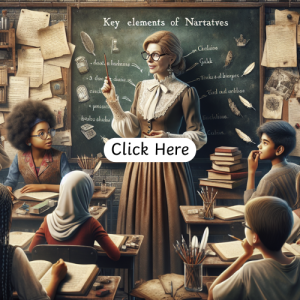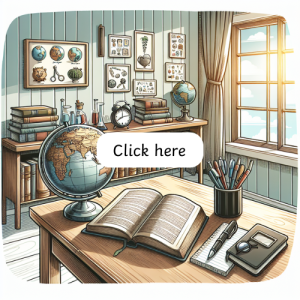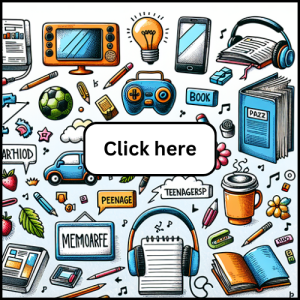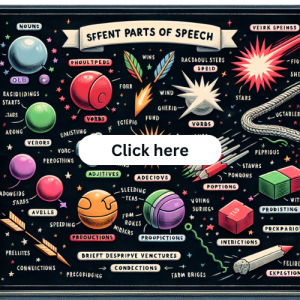Phonics Resource
Utilising a phonics approach to learning English benefits learners of all ages, including adults, by providing a systematic method for decoding and understanding the language. Phonics instruction teaches the relationship between sounds and letters, enabling learners to recognize and pronounce words accurately. This approach offers a solid foundation for literacy skills, aiding in reading, spelling, and pronunciation. For adults, particularly those learning English as a second language, phonics provides a structured framework for mastering unfamiliar words and improving overall language proficiency. Additionally, phonics instruction promotes self-confidence and independence in language learning, empowering adults to navigate real-life situations with greater ease. By focusing on phonics, adult learners can develop essential literacy skills essential for success in both personal and professional contexts.
Language
Welcome to our Language Diversity section! Dive into the fascinating world of idioms, contractions, synonyms, and parts of speech. Idioms infuse language with color, while contractions streamline expression. Synonyms offer variety, and understanding parts of speech ensures clear communication. Mastering these elements enhances both spoken and written English, empowering effective communication in diverse contexts. Explore the nuances of the English language with us and unlock the keys to eloquent expression.
Creative Writing
Learning to write is a key skill that opens many doors. For kids and English learners, it’s especially important. Writing isn’t just about putting words on paper; it’s about sharing ideas, feelings, and information. When you learn to write letters, you get a tool for reaching out to friends, family and even making new connections worldwide. Writing stories unlocks creativity and imagination, helping you express your thoughts and dreams in unique ways. Emails are essential in todays world. Knowing how to write them makes communicating for work, school, or with friends across the globe easy and effective. Whether it’s telling a story, sending a letter, or writing an email, these skills help you share who you are with the world. For kids, it builds confidence and understanding. For English learners, it’s bridge to a new community and opportunities. Writing connects us all, making learning to write an invaluable part of life’s journey.
Comprehension
Comprehension activities serve as foundational pillars in education and beyond, fostering a range of cognitive and analytical skills essential for success. These activities immerse learners in the process of understanding, evaluating, and synthesizing information from various sources. By engaging in comprehension exercises, individuals hone their ability to decode complex texts, discern main ideas, and draw inferences, thereby strengthening critical thinking skills. Moreover, comprehension activities promote active engagement with content, enhancing retention and deepening understanding. They provide opportunities for learners to make connections between concepts, apply knowledge in diverse contexts, and develop effective communication skills. Furthermore, comprehension activities cultivate a habit of lifelong learning by encouraging curiosity and intellectual curiosity. In essence, these activities play a pivotal role in empowering individuals to navigate and comprehend the complexities of the world, enabling them to become informed, discerning, and articulate members of society.
Writing Practice
Learning to write in cursive holds significance for various reasons. Firstly, it enhances fine motor skills and hand-eye coordination, contributing to overall dexterity. Cursive writing fosters a continuous flow of movement, aiding in muscle memory development, which supports quicker and more fluid writing. It also encourages better spatial awareness, as writers must navigate the spatial relationships between letters in a word. Furthermore, cursive has historical and cultural relevance, allowing individuals to read and appreciate documents from different eras. Proficiency in cursive is beneficial for tasks like note-taking and signature writing. Overall, learning cursive enriches both practical and cognitive aspects of communication and self-expression.
Vocabulary
Learning vocabulary is essential when learning a new language like English. Vocabulary refers to the words we use to communicate and understand each other. Having a good vocabulary means you have a wide range of words to choose from when speaking or writing. This helps you express yourself more clearly and accurately. It also makes it easier to understand what others are saying or writing.
Think of vocabulary as the building blocks of language. Just like how you need different pieces to build a house, you need a variety of words to communicate effectively. A rich vocabulary can boost your confidence in conversations, help you comprehend English texts, and open doors to new opportunities in work and social settings. So, by learning new words and expanding your vocabulary, you’re giving yourself the tools to better communicate and navigate through the English language.
Parts of Speech
Learning parts of speech is crucial in mastering the English language as it provides the fundamental framework for constructing sentences correctly. Each part of speech—nouns, pronouns, verbs, adjectives, adverbs, prepositions, conjunctions, and interjections—serves a specific function in a sentence. Understanding these roles helps learners comprehend how words interact, enhancing their ability to communicate clearly and effectively.
For instance, knowing how verbs and subjects align ensures clarity in actions and actors, while recognizing adjectives and adverbs adds depth to descriptions. Prepositions and conjunctions help link ideas cohesively, improving the flow of writing and speech. Mastering parts of speech also aids in reading comprehension, enabling learners to analyze and understand complex sentences and texts better.







